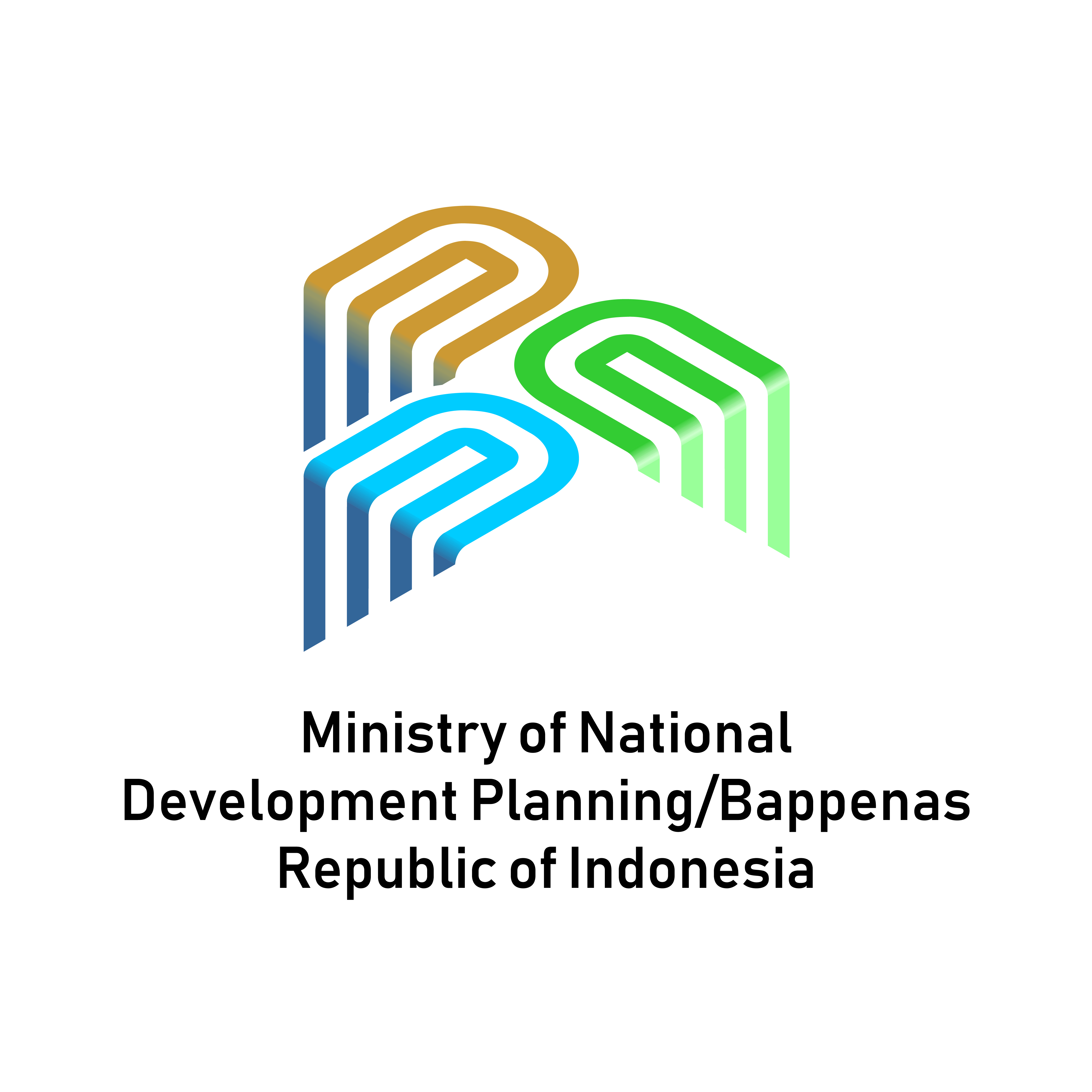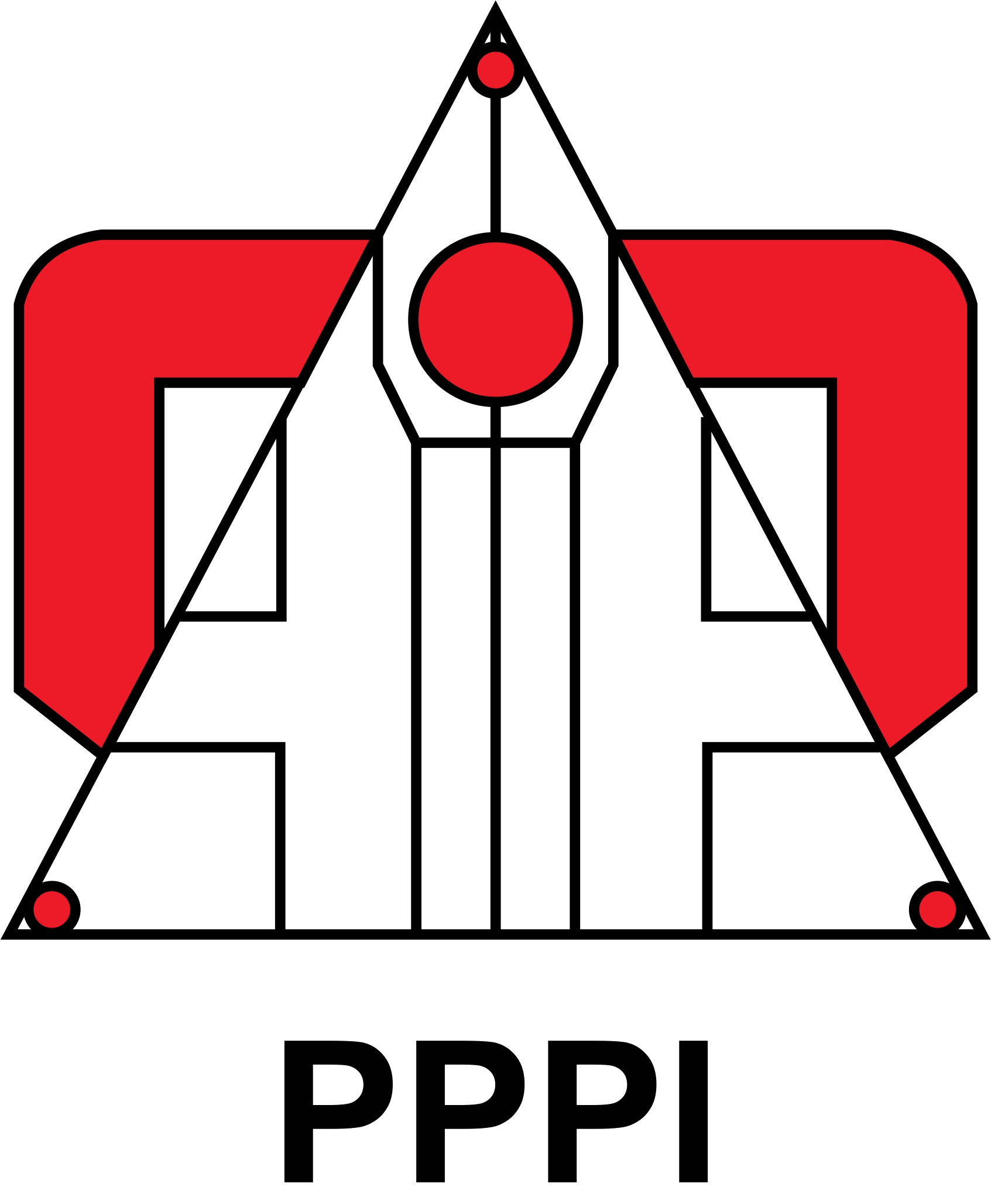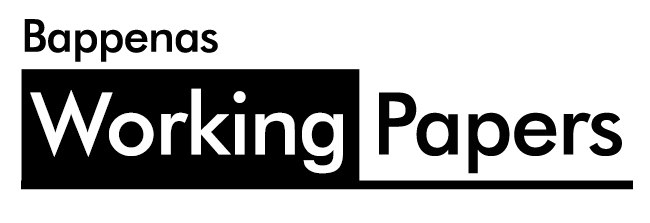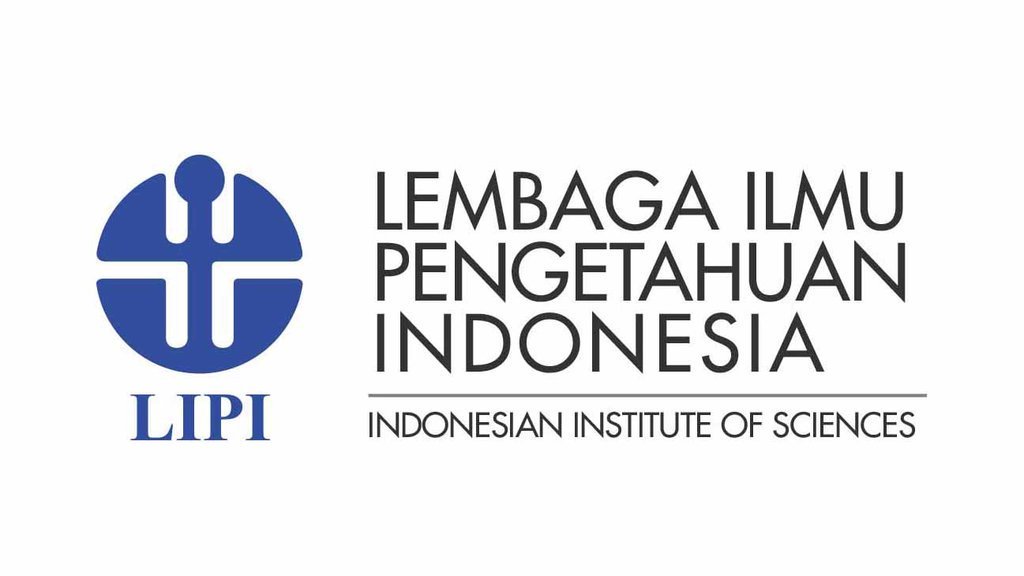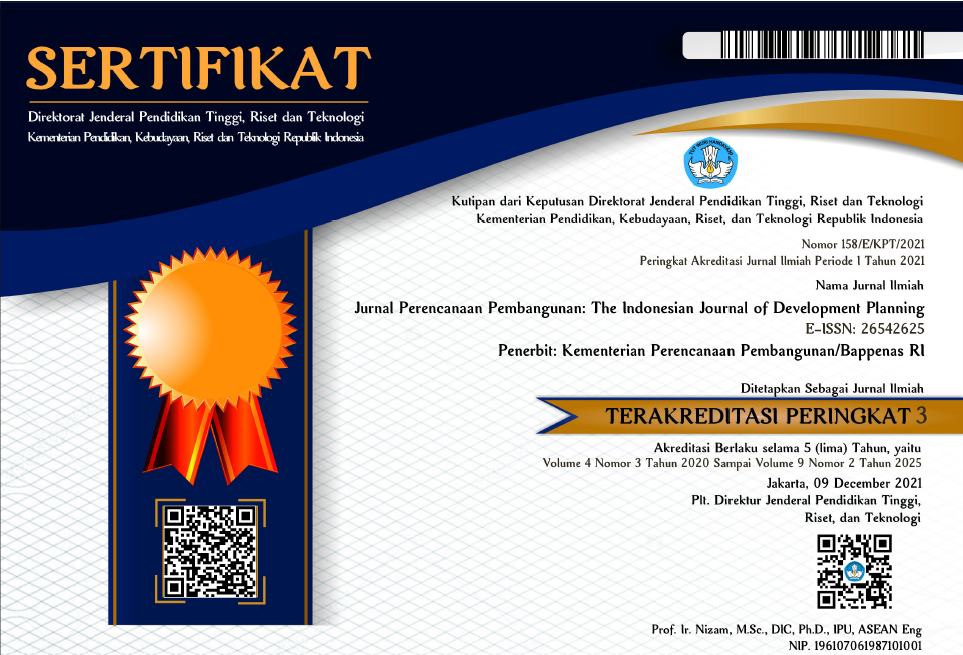Linking Open Data and the Fight Against Corruption in Indonesia
DOI:
https://doi.org/10.36574/jpp.v1i3.23Keywords:
open data, corruptionAbstract
In 2015 the G20 Anti-Corruption Open Data Principles were developed, as a first step towards leveraging open data as a crucial tool for enabling a culture of transparency and accountability in order to address corruption. The purpose of this study is to assess the extent to which Indonesia is meeting its commitments towards fighting corruption by applying and implementing the principles and actions set out in the G20 Principles. Hence, the G20 Anti-Corruption Open Data Principles is used as an analytical framework to guide the analysis. The research findings show that the government of Indonesia puts the disclosure of public information at the front and center of both its open government and anti-corruption agenda, which is consistent with the first of the G20 Anti-Corruption Open Data Principles. However, the current legal frameworks lack the proactive disclosure and openness components advocated by the open data principles.
Downloads
Published
How to Cite
Issue
Section
License
This is an open-access article distributed under the terms of the Creative Commons Attribution-NonCommercial-ShareAlike 4.0 International License. Copyright © Kementerian PPN/Bappenas RI



